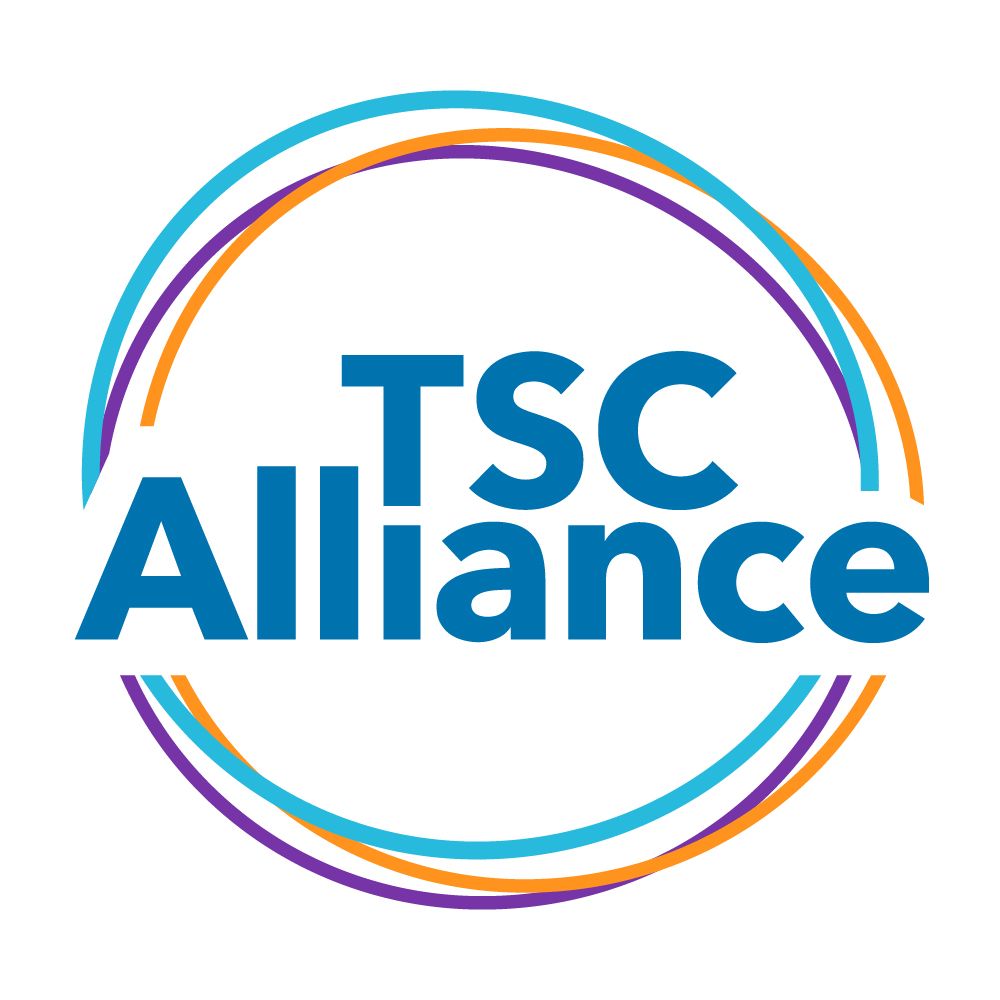
Preventing TSC By Treating at the Earliest Stage: Darcy Krueger, MD, PhD

The director of the Tuberous Sclerosis Clinic at Cincinnati Children’s discussed the thought behind STOPS2, a trial aimed at preventing or delaying seizure onset in tuberous sclerosis complex. [WATCH TIME: 3 minutes]
WATCH TIME: 3 minutes
"The fundamental difference for TSC Steps is that now we’re saying we’re not treating a symptom of tuberous sclerosis; we’re treating your tuberous sclerosis itself. We’re trying to treat it as soon as we know you have that diagnosis, but of course, we have to do that in a trial setting so that we can get the answers and have the trust that the results mean what we think they do.”
A new phase 1/2 clinical trial (NCT04595513), dubbed STOPS2, will assess TAVT-18 (Tavanta Therapeutics), an investigational novel formulation of sirolimus (Ramapune; Pfizer), as a way to prevent or delay seizure onset in infants with tuberous sclerosis complex (TSC). Infants would be treated with the study drug the moment they receive a confirmed diagnosis, either clinically or genetically. This unique approach, if successful, would alter the way the disease is treated and ultimately the quality of life for future patients.
TAVT-18 inhibits the mechanistic target of rapamycin (mTOR) signaling pathway, which is found to be dysregulated by genetic mutations in the TSC1 and TSC2 genes in patients with TSC. The study, also known as TSC Steps, will be the first of its kind to evaluate a targeted disease-modifying therapy as a preventative for TSC using a mechanism-based therapeutic approach.
The study is led by Darcy Krueger, MD, PhD, director, Tuberous Sclerosis Clinic, Cincinnati Children’s, who sat down for an interview at the
Newsletter
Keep your finger on the pulse of neurology—subscribe to NeurologyLive for expert interviews, new data, and breakthrough treatment updates.










